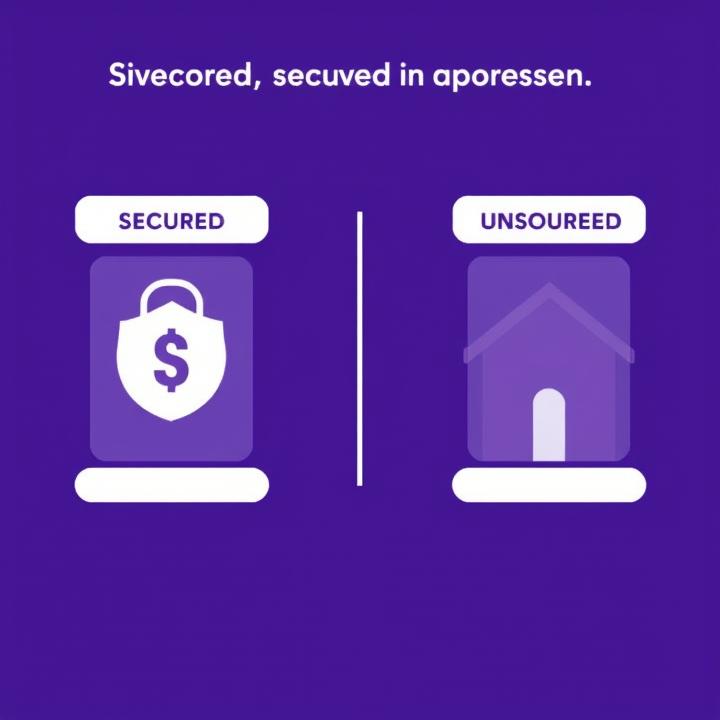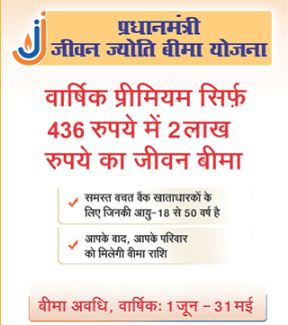Kissan Credit Card
किसान क्रेडिट कार्ड
Kissan Credit Card(किसान क्रेडिट कार्ड): The Indian agricultural sector is the backbone of the country’s economy, with over 60% of the population dependent on it for their livelihood. However, Indian farmers face numerous challenges, including limited access to credit, high interest rates, and lack of financial inclusion. To address these challenges, the Kissan Credit Card (KCC) was introduced in 1998 by the Government of India. In this article, we will explore the features, benefits, and impact of the KCC on Indian farmers.
What is Kissan Credit Card?
The KCC is a credit card specifically designed for farmers to provide them with easy access to credit for their agricultural needs. The card is issued by banks and other financial institutions in collaboration with the Government of India. The KCC scheme aims to provide short-term credit to farmers for their agricultural activities, including crop loans, farm mechanization, and other farm-related expenses.
Features of Kissan Credit Card
The KCC has several features that make it an attractive option for farmers. Some of the key features include:
| Feature | Description |
|---|---|
| Credit Limit | Up to Rs. 3 lakh per annum |
| Interest Rate | 7% per annum (subsidized by the Government of India) |
| Repayment Period | 12 months |
| Collateral | No collateral required |
| Eligibility | All farmers, including small and marginal farmers, are eligible |
Benefits of Kissan Credit Card
The KCC has several benefits for farmers, including:
- Easy access to credit: The KCC provides farmers with easy access to credit, which is essential for their agricultural activities.
- Low interest rate: The interest rate on the KCC is subsidized by the Government of India, making it an affordable option for farmers.
- No collateral required: The KCC does not require any collateral, making it a risk-free option for farmers.
- Flexibility: The KCC provides farmers with the flexibility to use the credit for various agricultural activities, including crop loans, farm mechanization, and other farm-related expenses.
Impact of Kissan Credit Card
The KCC has had a significant impact on Indian farmers, including:
- Increased access to credit: The KCC has increased access to credit for farmers, particularly small and marginal farmers.
- Improved agricultural productivity: The KCC has enabled farmers to invest in farm mechanization and other agricultural activities, leading to improved agricultural productivity.
- Reduced dependence on moneylenders: The KCC has reduced the dependence of farmers on moneylenders, who often charge exorbitant interest rates.
Challenges and Limitations
Despite its benefits, the KCC faces several challenges and limitations, including:
- Limited coverage: The KCC is not available to all farmers, particularly those in remote and rural areas.
- Complexity: The KCC scheme is complex, with multiple stakeholders involved, including banks, financial institutions, and the Government of India.
- Default risk: The KCC is a credit-based scheme, and there is a risk of default by farmers.
How to Apply for Kissan Credit Card
To apply for a Kissan Credit Card in India, you can follow these steps:
- Check Eligibility: Ensure you meet the eligibility criteria, which typically includes being an Indian citizen, a farmer, and having a valid ID proof such as an Aadhaar card or PAN card.
- Gather Required Documents: Collect the necessary documents, including:
- ID proof (Aadhaar card, PAN card, etc.)
- Address proof (utility bills, ration card, etc.)
- Income proof (bank statements, income certificates, etc.)
- Land ownership documents (if applicable)
- Crop insurance documents (if applicable)
- Choose a Bank: Select a bank that offers Kissan Credit Card, such as HDFC Bank, ICICI Bank, or State Bank of India.
- Visit the Bank’s Website or Branch: Go to the bank’s website or visit a nearby branch to initiate the application process.
- Fill the Application Form: Fill out the application form, providing all the required information and attaching the necessary documents.
- Submit the Application: Submit the application form and supporting documents to the bank.
- Wait for Processing: Wait for the bank to process your application, which may take a few days to a few weeks.
- Receive the Card: Once your application is approved, you will receive the Kissan Credit Card, which you can use to make purchases and pay for agricultural expenses.
Alternatively, you can also apply for a Kissan Credit Card through online platforms, such as the bank’s mobile app or online banking portal.
Note: The application process and required documents may vary depending on the bank and your individual circumstances. It’s recommended to check with the bank for specific requirements and guidelines.
Conclusion
The KCC is a boon for Indian farmers, providing them with easy access to credit for their agricultural activities. The scheme has several benefits, including low interest rates, no collateral required, and flexibility in usage. However, the scheme also faces several challenges and limitations, including limited coverage, complexity, and default risk. To address these challenges, the Government of India and financial institutions need to work together to improve the scheme and increase its coverage.
Recommendations
- Government of India: Increase the coverage of the KCC scheme to include more farmers, particularly those in remote and rural areas.
- Financial Institutions: Simplify the KCC scheme and reduce the complexity involved in its implementation.
- Farmers: Use the KCC scheme responsibly and make timely repayments to avoid default.
By following these recommendations, we can ensure that the KCC scheme continues to benefit Indian farmers and contribute to the growth of the agricultural sector.
Join us on Facebook, WhatsApp , Telegram , LinkedIn and RBI for latest news.



